Reaching the Tipping Point: Insights on Advancing Competency Education in New England
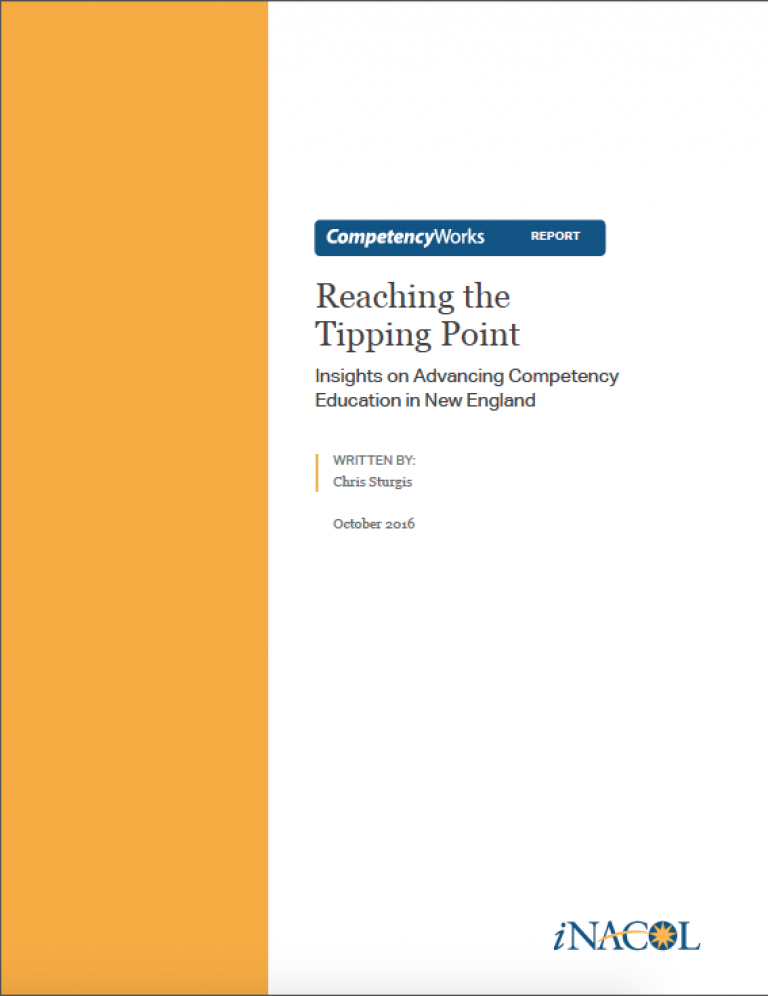
This paper explores K-12 competency-based education policy and practice across six New England states: Connecticut, Maine, Massachusetts, New Hampshire, Rhode Island, and Vermont. It examines the core concepts of competency education, detailing the limitations of the traditional system, and outlining how competency education is designed explicitly for equity and student success. Next, the author addresses… Read More ›
A Qualitative Study of Student-Centered Learning Practices in New England High Schools
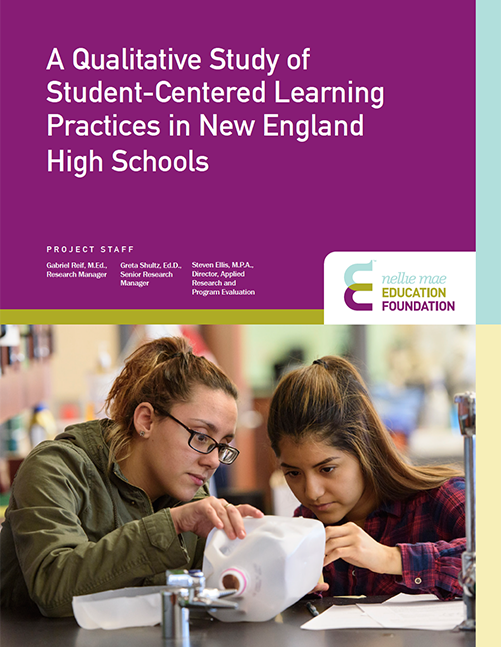
This report offers a comprehensive analysis of student-centered learning (SCL) approaches in 12 schools across the New England region, highlighting the richness and complexity of these practices and the impact they have on students, staff, and schools. It details findings from a study conducted by the UMass Donahue Institute (UMDI) for the Nellie Mae Education… Read More ›
America After 3 PM

The hours after school offer opportunities for academic and personal growth outside of the classroom, but many students lack access to quality after school programs. The report, America After 3PM, written by the Afterschool Alliance spans a decade of data. It highlights the trends of afterschool program participation, documents the benefits associated with participation in afterschool… Read More ›
Connecting Ed and Tech: Partnering to Drive Student Outcomes
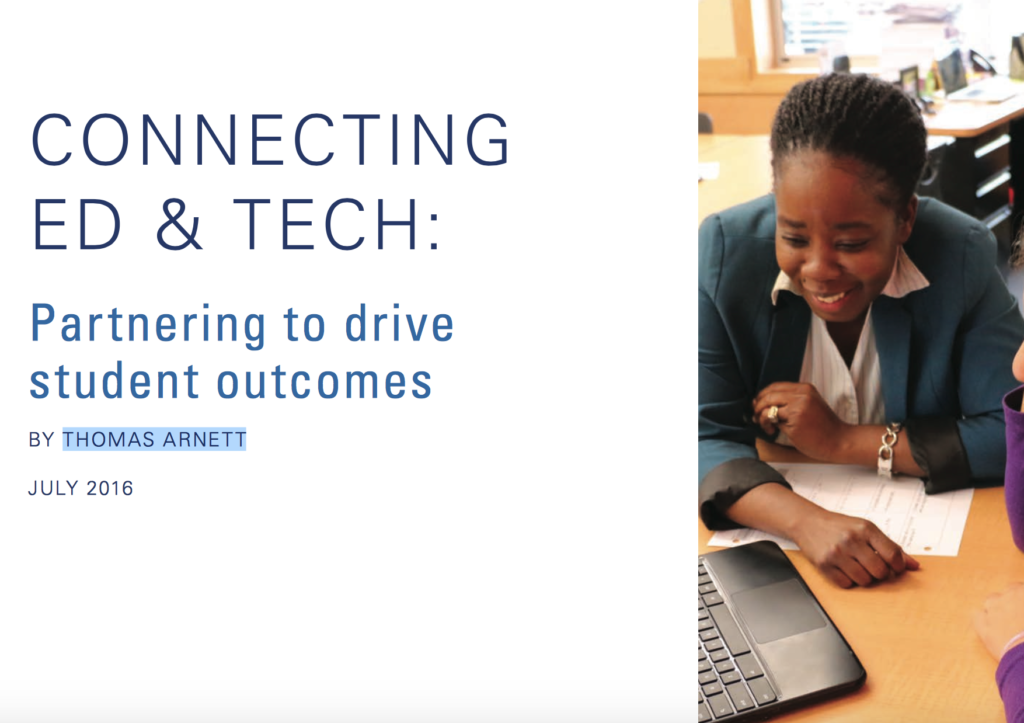
This case study describes the solution one charter school found to help scale up their personalized learning model through a unique partnership. Leadership Public Schools (LPS), a charter school management organization that operates high schools in the San Francisco Bay Area, has developed their own technology to support personalized learning which provided students with individual… Read More ›
Making Blended Work

This paper captures conversations on blended learning and presents actionable suggestions for districts to follow on their own paths to blended learning. The Center for Digital Education (CDE) called upon leading chief academic officers (CAOs) from across the country to weigh in on the state of blended learning today, as well as the challenges and… Read More ›
Restorative Justice in U.S. Schools: Summary Findings from Interviews with Experts
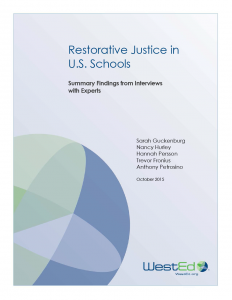
This report provides an overview of the rise and reasons for the use of restorative justice in schools and a summary of practices currently being used. It also explores the successes and challenges of these practices. The report includes a list of related, relevant reports/research on the topic. Of note are “Restorative Justice in U.S.… Read More ›
Social Emotional Learning in High School: How Three Urban High Schools Engage, Educate, and Empower Youth

This research series from the Stanford Center for Opportunity Policy in Education documents practices at three small urban high schools that effectively leverage a systemic school-wide focus on social and emotional learning to educate and empower their students. These schools work to educate the “whole child” by building their ability to know themselves, grow and… Read More ›
Social and Emotional Learning in Schools From Programs to Strategies
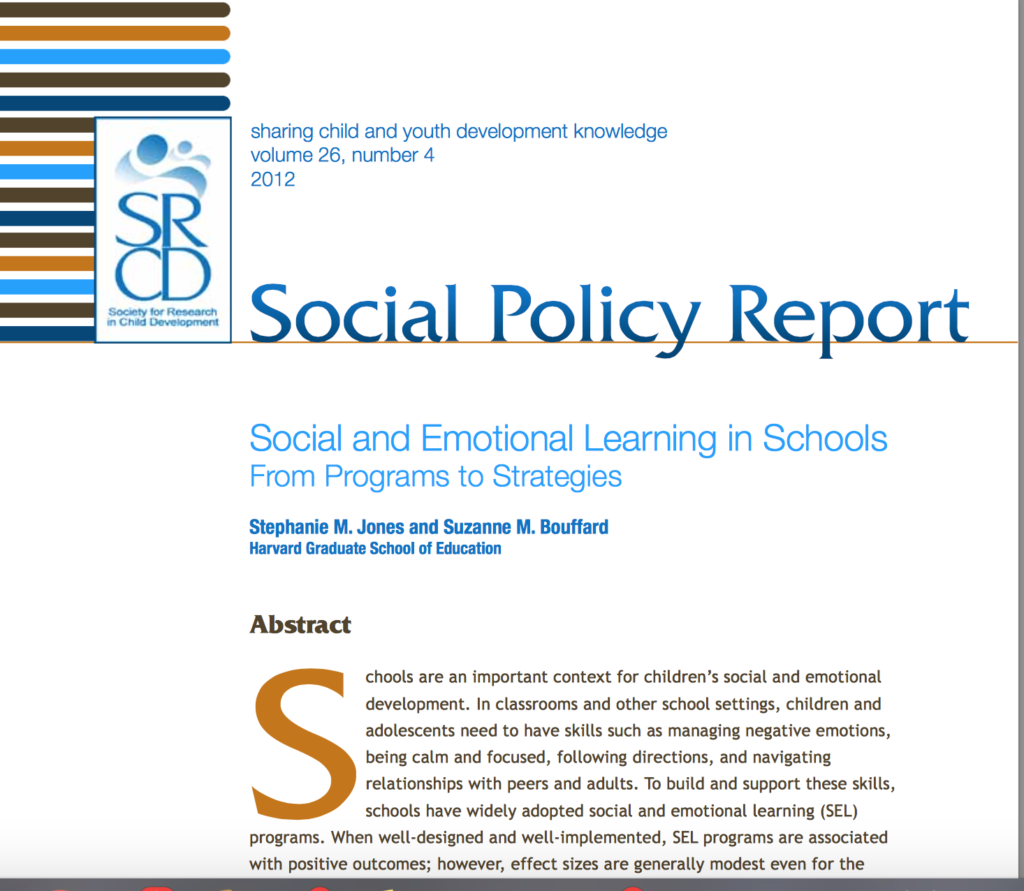
This report explores a more integrated approach to teaching social and emotional skills in schools. While well-implemented SEL programs have shown positive results, this issue of Social Policy Report proposes that schools should consider a new approach: integrating the teaching and reinforcement of SEL skills in their daily interactions and practices with students. It explains… Read More ›
Looking Under the Hood of Competency-Based Education
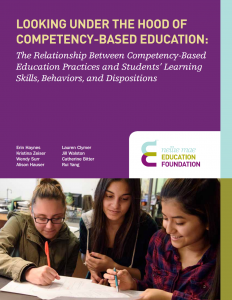
This study by the American Institutes for Research rigorously examined the relationship between competency-based education (CBE) practices and changes in these learning capacities (such as the skills, behaviors, and dispositions that enhance student capacity to learn in school). CBE, an instructional approach that emphasizes what students learn and master rather than how much time they… Read More ›
The Impact of Enhancing Students’ Social and Emotional Learning: A Meta-Analysis of School-Based Universal Interventions
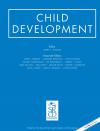
This research report, published in 2011, is a frequently cited document in the field of social-emotional learning (SEL). The study looked at 213 school-based SEL programs designed for students in kindergarten through high school. Compared to controls, students who participated in these SEL programs demonstrated improved social and emotional skills, attitudes, behavior, and academic performance.… Read More ›
Social-Emotional Learning Assessment Measures for Middle School Youth
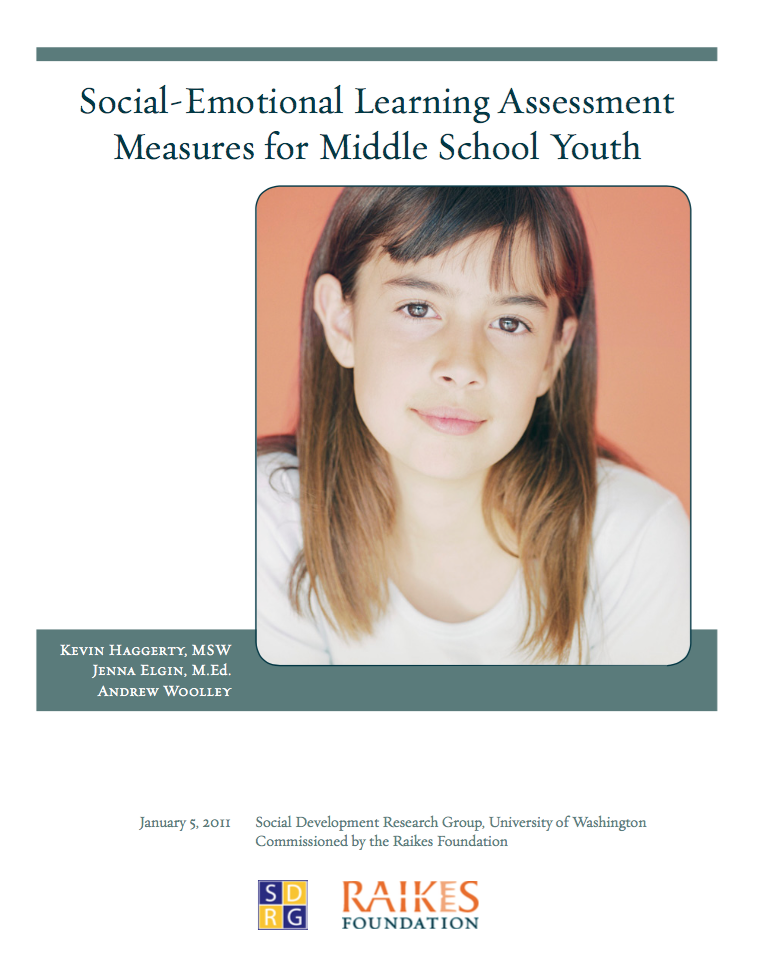
This 2011 research review was designed to assist middle school educators with choosing appropriate measures of social and emotional skills over time. Children with strong social and emotional (SEL) skills have been shown to excel in school, and quality SEL programs are imperative to address the social, emotional, and academic needs of students. The purpose… Read More ›
Measures that Matter Most

This report marks the first time the Next Generation Learning Challenges (NGLC) has asked their networks of innovators to lend their voices to a critical set of questions: how should NGLC go about measuring the success of an educational innovation? And what measures matter most? Next Generation Learning Challenges represents some of the nation’s most innovative… Read More ›